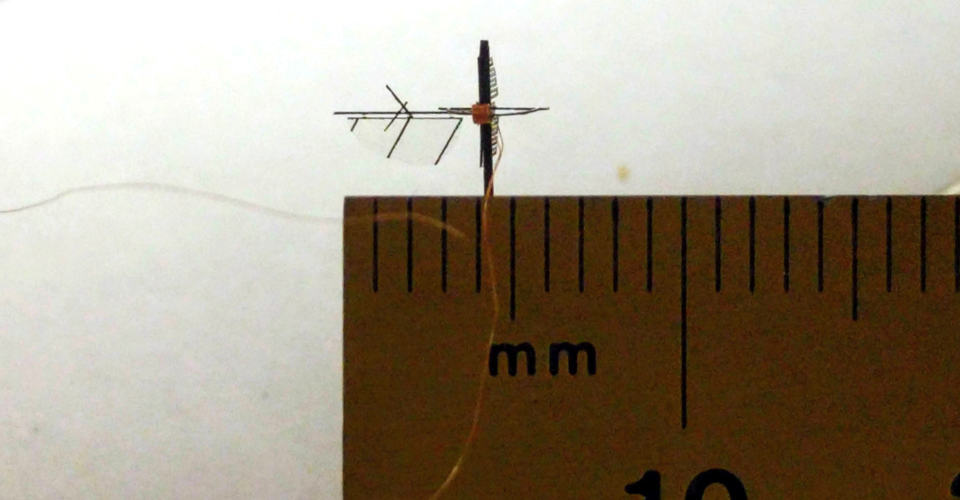UC Berkeley-led team by Prof. Sanjit Seshia and includes Profs. Prabal Dutta, Björn Hartmann, Alberto Sangiovanni-Vincentelli, Claire Tomlin, and Shankar Sastry, as well as alumni Ankur Mehta (EECS Ph.D. ’12, advisor: Kris Pister) and Daniel Fremont (CS Ph.D. ’20, advisor: Sanjit Seshia) are joining a new four-year program by the Defense Advanced Research Projects Agency (DARPA) to develop artificial intelligence (AI)-based approaches that partner with human intelligence to perform “correct-by-construction” design for cyber-physical systems. They have been granted $8.4M to enhance “design innovation, as well as reduce the time required for CPS inception to deployment from years to months.”
“The Berkeley project, LOGiCS, (Learning-Based Oracle-Guided Compositional Symbiotic Design of CPS) proposes a novel approach that blends AI and machine learning with guidance from human and computational oracles to perform compositional design of CPS such as autonomous vehicles that operate on the ground, in the air and in water to achieve complex missions.”
Berkeley Engineering Source: UC Berkeley-led team receives $8.4M for AI based approaches to cyber-physical systems.
by Kirsten Mickelwait
